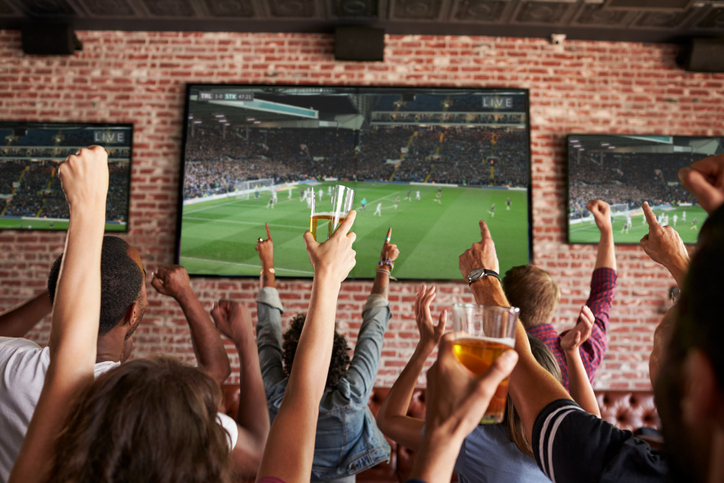What is the first thought that would come to your head if someone told you that they were a professional competitive gamer? For many, they think of the recluse in their parent’s basement, or someone who is not interested in “real” competitive sports. Well, those preconceptions are sure to be nearing the end as eSports competitions are beginning to truly gain traction and major sports networks around the world like BBC, FOX, and ESPN are taking notice. The modern landscape has evolved and stigmas are changing around gamers, especially in regards to the eSports world. While eSports is not a new arena, the idea that big brands would think about putting large amounts of sponsorship dollars behind eSports has increased.
Esports can be widely defined as any form of competitive gaming, so, it doesn’t have to consist of traditional sports games such as Madden or FIFA for instance to count as an eSport. In fact, the most common gaming genres connected to eSports are first-person shooter (FPS), multiplayer online battle arena (MOBA), and real-time strategy (RTS) games. The main place currently for the eSports audience to consume content is on streaming platforms like Twitch, YouTube Gaming, and now Facebook Gaming. However, in 2020, advertisers saw a many of the global traditional sports come to a halt due to the COVID-19 pandemic, leaving many brands on the sidelines about what to do with their original advertising game plan and broadcast stations scrambling. One such sport that did not see a decline in viewership was eSports. With slots open on major networks, eSports was happy to help fill the gap. ESPN even provided the eSports community a branded ESPN Esports Day that included 12 hours of programming for eSports fans. With so many homebound during the Covid-19 pandemic, eSports had a global audience of almost 500 million. By 2023, eSports could even eclipse 650 million viewers if the denoted 10% growth rate continues. This is great news for advertisers and brands as there is a seemingly untapped audience out there who is more receptive to brand involvement because they recognize how brands can ultimately help grow eSports.
Advertising in the eSports and gaming space can look different and can include but is not limited to: virtual billboards, sponsored characters, signage, sponsored experiences through platforms such as Mixer, Twitch, all the way to streamers, and content creators. That being said, there are privacy laws that require all parties to adhere to. There is little data collected on users and registration processes are optional. Though advertising in the eSports and gaming industry needs to strictly adhere to data collection and privacy laws, it does not mean that results aren’t measurable or executable. For instance, Anzu, who is a programmatic company, offers the ability for brands to run their campaigns from Google and just about every other DSP. Twitch will use companies and services like Comscore and Nielson among others to help measure outcomes as well.
Over the past decade, more and more brands have been taking notice of eSports and the potential out there for sponsorships and advertising. The likes of Coca Cola and Dominos teamed up for an ‘Esports Moments’ advertising campaign while Louis Vuitton released a League of Legends (one of the most popular MOBA games) collection in late 2019. But for many brands, there is still hesitancy around the eSports advertising landscape. A contributing factor in the reluctance around advertising is the demographic eSports attracts with the range being 18 – 34. While Gen Z and Millennials are not the big spenders currently advertisers would find with the NFL, NBA, and MLB, which has a viewership of those aged 30 – 64, they are the next generation of movers and shakers. So, while brands may not see an immediate revenue generator through eSports adverting, there is potential for building strong brand loyalty that could develop into greater revenue in the not so distant future.

